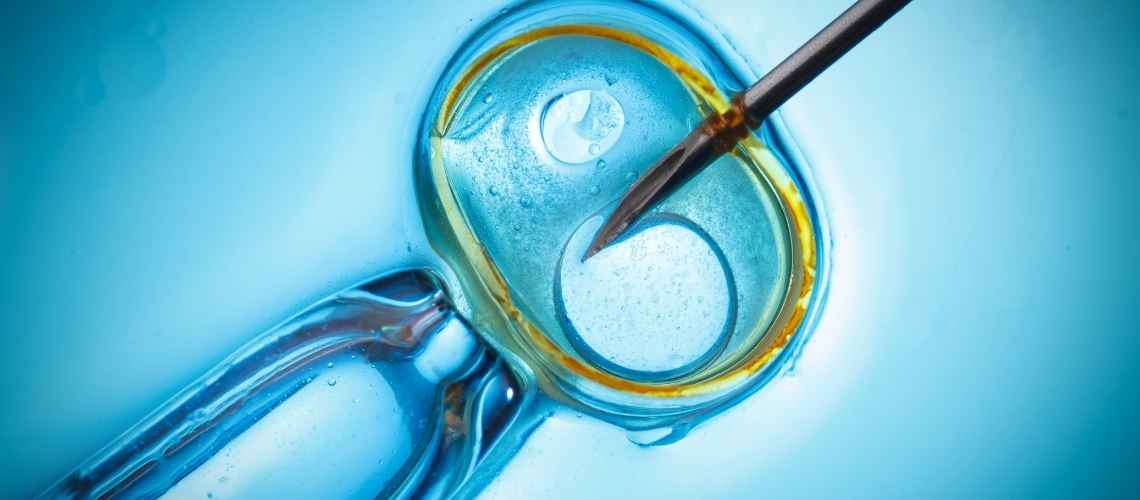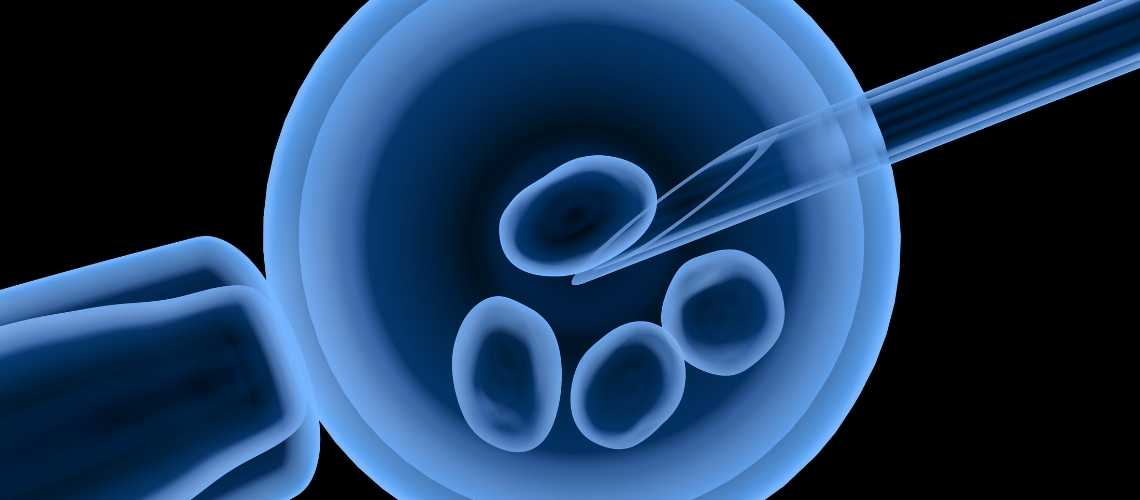The oldest age for IVF treatment largely depends on a woman’s ovarian reserve and overall health. Most clinics set an upper age limit of around 45 years for using one’s own eggs, though donor eggs extend this range.
Pregnancy chances decline significantly after age 40 due to reduced egg quality and increased chromosomal abnormalities. Donor eggs offer higher success rates, regardless of the recipient’s age.
Maternal health is another critical factor, as older patients face increased risks of hypertension, gestational diabetes, and obstetric complications. Comprehensive medical screening is essential before treatment.
With donor eggs, women may undergo IVF even into their early 50s, provided they are medically fit. Each case is evaluated individually to ensure safe and effective treatment outcomes.
Why is age important in IVF?
IVF treatment aims to address common infertility problems so that people have a higher chance of getting pregnant and keeping it as long as possible. Age still has a role in the effectiveness of therapy, even though the IVF process misses many of the issues that can hinder pregnancy.
Having a reliable source of healthy eggs is crucial for the success of IVF. The ovarian reserve refers to the caliber and number of a woman’s eggs. A woman is born with all the eggs she will ever create and lay, which is something that many women are unaware of.
The quantity of eggs naturally declines as a woman gets older. The quality of a woman’s surviving eggs also deteriorates with age. Age should be taken into consideration when considering IVF candidacy because it has a significant impact on a person’s ovarian reserve. (1)
What are the chances of IVF related to age?
The age of the patient and the underlying cause of infertility affect the IVF success rate (if known).
A successful pregnancy is more likely to occur in younger women. IVF is typically not advised for women beyond the age of 42 because the likelihood of a successful pregnancy is thought to be quite low.
Percentage of IVF treatments resulting in live births in 2019:
- 32% for women under 35
- 25% for women aged 35-37
- 19% for women aged 38 to 39
- 11% for women aged 40 to 42
- 5% for women aged 43 to 44
- 4% for women over 44
These numbers are based on the number of embryos transferred for women utilizing their own eggs and their partner’s sperm.
Keeping a healthy weight and abstaining from caffeine, alcohol, and smoking while undergoing treatment will improve your chances of becoming pregnant with IVF. (2)
What age is too old for IVF?
IVF is still a viable choice for fertility treatment at no set age. Although the maximum age for IVF can vary from clinic to clinic, most fertility doctors do not advise if the patient intends to use their own eggs after age 45. Even so, it’s only broad counsel.
Every woman has a unique reproductive health timeline. While some women have healthy eggs by the time they are 50, others have a diminished ovarian reserve in their mid-30s. A fertility test is a far more accurate predictor of IVF eligibility than age. (3)
Is IVF treatment successful after the age of 45?
More women are deciding to put off having children until later in life as societal priorities change. Women over 45 or those with a diminished ovarian reserve frequently question their fertility choices.
IVF may still be a good choice in many situations. Women must, however, think about receiving therapy using donor eggs rather than their own. IVF with donor eggs dramatically lengthens the window of opportunity for successful IVF treatment. (4)
Considerations for IVF at an Older Age
Pursuing IVF at an advanced age brings unique challenges. Firstly, the quality and quantity of eggs deteriorate as one ages. Consequently, this decline affects fertilization rates negatively and heightens the miscarriage risk. Moreover, women beyond a certain age face an increased likelihood of encountering pregnancy-related complications. Conditions such as gestational diabetes and preeclampsia become more prevalent. Additionally, there is an escalated risk of chromosomal abnormalities in offspring, notably Down syndrome, linked directly to the maternal age.
The key concerns include:
- Lower fertilization success rates due to diminished egg quality.
- A higher probability of miscarriage.
- An augmented risk of pregnancy complications, including gestational diabetes and preeclampsia.
- An increased chance of chromosomal abnormalities in the baby.
Furthermore, the physical health of the mother demands careful monitoring. Existing health issues, for instance, fibroids or hypertension, necessitate vigilant observation throughout the IVF process and pregnancy. Finally, the emotional toll of IVF should not be underestimated. It is essential for individuals to maintain open communication with their partners and seek adequate support, thereby safeguarding their emotional wellbeing during this taxing journey.
Source:
Habbema, J. D. F., Eijkemans, M. J., Leridon, H., & te Velde, E. R. (2015). Realizing a desired family size: when should couples start?. Human Reproduction, 30(9), 2215-2221.








